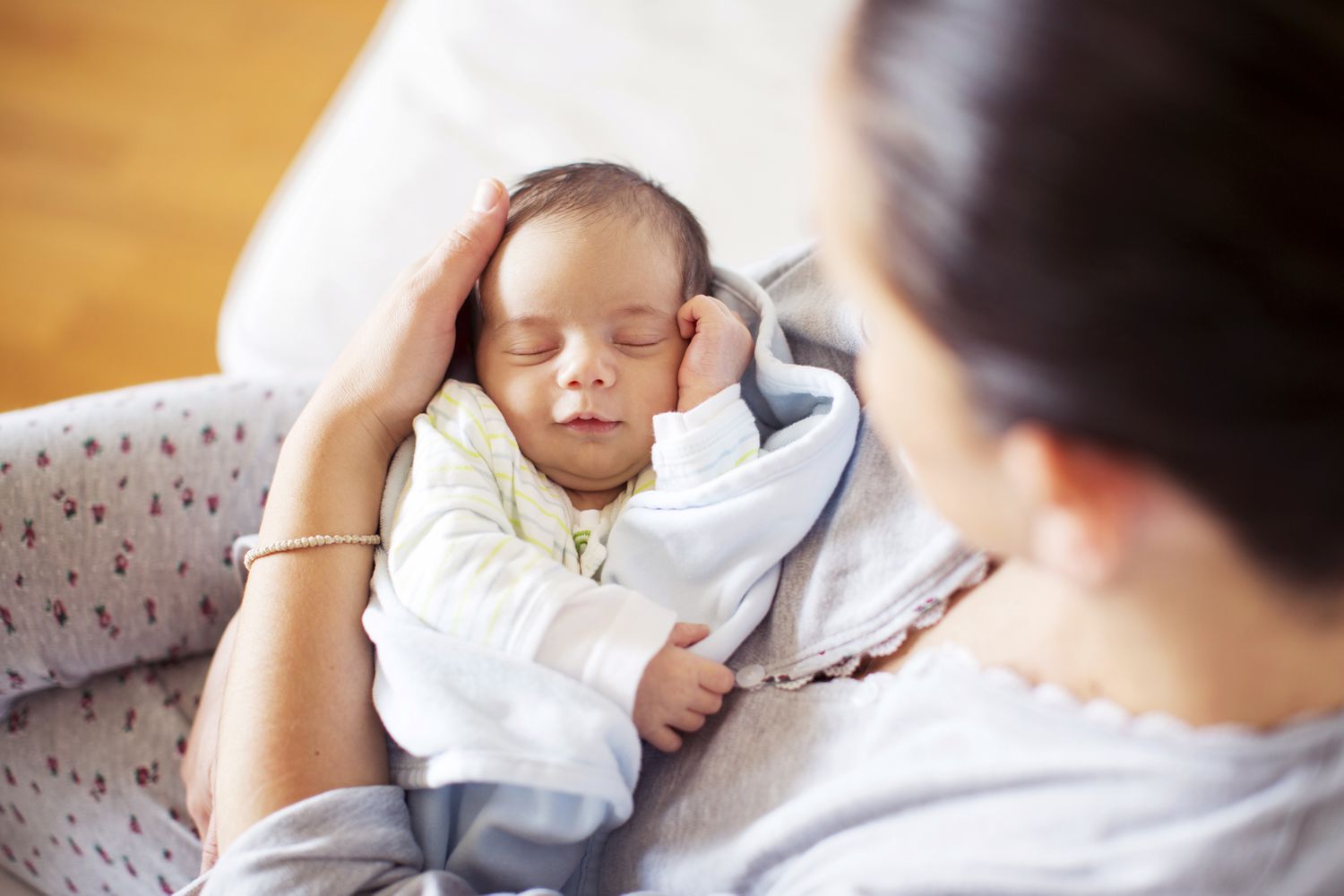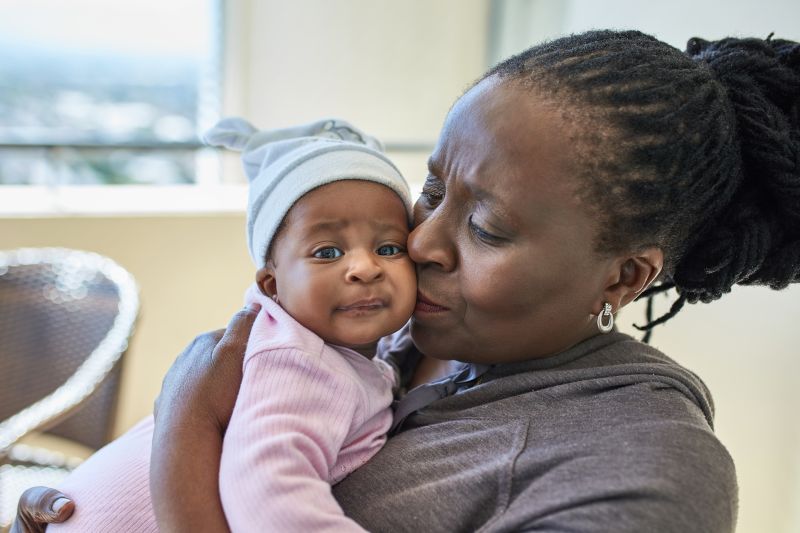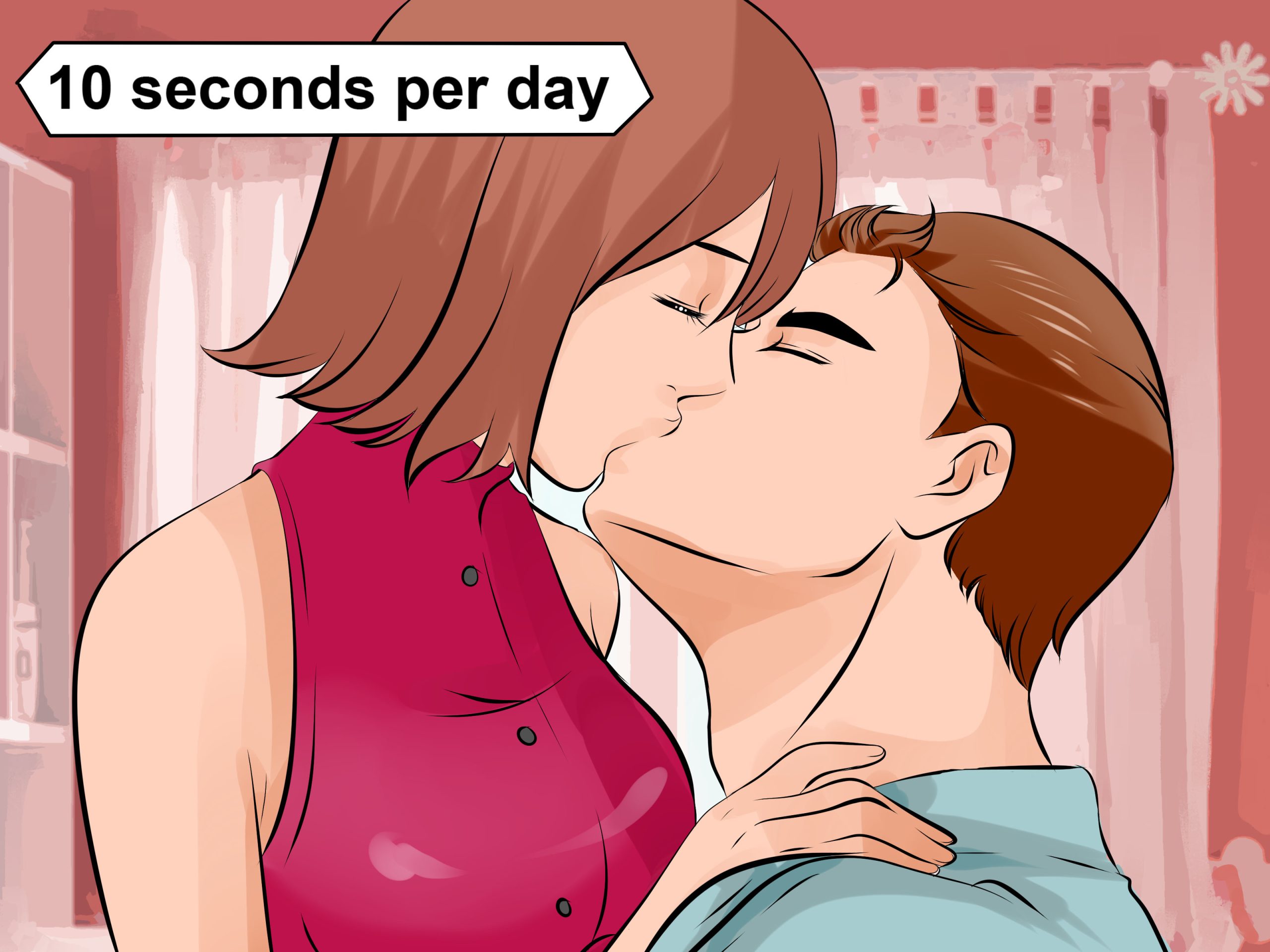Should a Baby Be With Mom Or Dad?
A baby should be with both mom and dad for optimal development. Infants thrive in an environment where they receive love and care from both parents.
Studies have shown that fathers play a critical role in a child’s social and emotional development, while mothers provide necessary nurturing and safety. By having both parents involved in a child’s life, the baby can build strong and healthy relationships with each parent, leading to improved emotional and social skills.
Additionally, it can help promote gender equality and a shared parenting responsibility, leading to a more balanced family dynamic. So, for a happy and healthy baby, it’s essential to have mom and dad equally involved in their upbringing.

Credit: sleepingshouldbeeasy.com
Bonding With Parents
Bonding between parents and infants is essential for the child’s development. Infants who form strong bonds with their parents tend to have better emotional, social and cognitive development. Both parents can bond with the baby through skin to skin contact, cuddling, talking, and providing comfort.
Fathers can bond by playing, carrying the baby, and participating in the caregiving activities. It’s important for both parents to spend quality time with the baby. Building a strong bond with the baby not only strengthens the parent-child relationship but also provides a sense of security to the baby.
Every effort counts in building a strong relationship with the child.
Emotional Attachment
Emotional attachment plays a significant role in a child’s development and well-being. Both parents can provide emotional attachment to their child. Infants tend to form stronger bonds with their mothers due to the initial bonding that occurs during pregnancy and breastfeeding.
However, fathers can also develop a close bond with their child through quality time, engaging in physical activities, and expressing affection. Children who have a secure emotional attachment with their caregivers tend to have better self-esteem, social skills, and academic performance.
The decision of whether a baby should be with mom or dad should be based on what works best for the family. It is important for both parents to provide emotional support, regardless of who spends more time with the child.
Ultimately, a strong emotional bond with either parent can provide a nurturing environment for a child’s development.
Practical Considerations
When deciding which parent should take care of the baby, practical considerations should be taken into account. Balancing work and parenting responsibilities is a key factor. The parent with a more flexible work schedule may be better suited to stay home with the baby.
Financial considerations should also be factored in, including the cost of daycare and lost income from one parent staying home. Additionally, the parent who is more competent in tasks such as cooking, cleaning, and childcare may be better suited to take on the primary caregiver role.
Ultimately, the decision of which parent should take care of the baby should be based on what is best for the child and the family as a whole.
Breastfeeding
Breastfeeding is a crucial aspect of a baby’s development. Babies who are breastfed have a stronger immune system, better digestion, and lower risk of sids. Both parents can support breastfeeding by encouraging and assisting the mother, and taking an active role in feeding and bonding with the baby.
Fathers can also engage in skin-to-skin contact with the baby and participate in other forms of bonding. While breastfeeding is typically associated with the mother, both parents can play an important role in providing the baby with the best possible start in life.
Mental Health
Parenting greatly affects mental health, so taking care of oneself is crucial. Both parents should maintain their physical and emotional health to provide the best environment for a child’s growth. Supporting each other’s interests, giving positive feedback, and spending self-care time away from the child are essential for mental wellness.
A parent who is overwhelmed and stressed will not be able to give adequate attention to the baby’s needs. It is vital to check for any signs of postpartum depression or anxiety and seek help immediately. Mental health struggles can impact the entire family, so prioritizing self-care and seeking professional help is crucial.
Remember, a healthy parent is a better parent.
Frequently Asked Questions Of Should A Baby Be With Mom Or Dad?
Is It Better For A Baby To Be With Their Mother Or Father?
Both parents play a vital role in a child’s development, but a strong emotional bond is essential with the primary caregiver.
What Are The Advantages Of A Baby Spending Time With Their Mother?
A mother’s touch, warmth, and responsiveness help promote physical and emotional health, including cognitive development in babies.
What Are The Benefits Of A Baby Spending Time With Their Father?
Fathers who are involved in their child’s life from an early age create a secure attachment and foster social, emotional, and cognitive development.
Can The Father Be The Primary Caregiver For A Baby?
Yes, the father can be the primary caregiver if he is nurturing, responsive, and offers a safe, secure, and loving environment.
Are There Any Downsides To The Baby Being With Either Parent?
Lack of a strong emotional bond with the primary caregiver, whether the mother or father, could potentially lead to developmental delays and attachment difficulties in babies.
Conclusion
Ultimately, the decision of whether a baby should be with mom or dad is a personal preference that is based on the particular needs and circumstances of each family. Both parents have a unique set of skills, perspectives, and approaches to child-rearing that can benefit the child.
For example, some fathers excel at teaching their children new things, while some mothers are natural nurturers and provide great emotional support. The key is for both parents to communicate openly and work collaboratively to ensure that the baby is receiving the best possible care.
By taking turns caring for the baby, offering support, and valuing each other’s contributions, parents can create a happy and healthy environment for their child to grow and thrive. It is important to remember that there is no one-size-fits-all approach, and what works for one family may not work for another.
Ultimately, parents must trust their instincts and do what they feel is best for their child and family.






